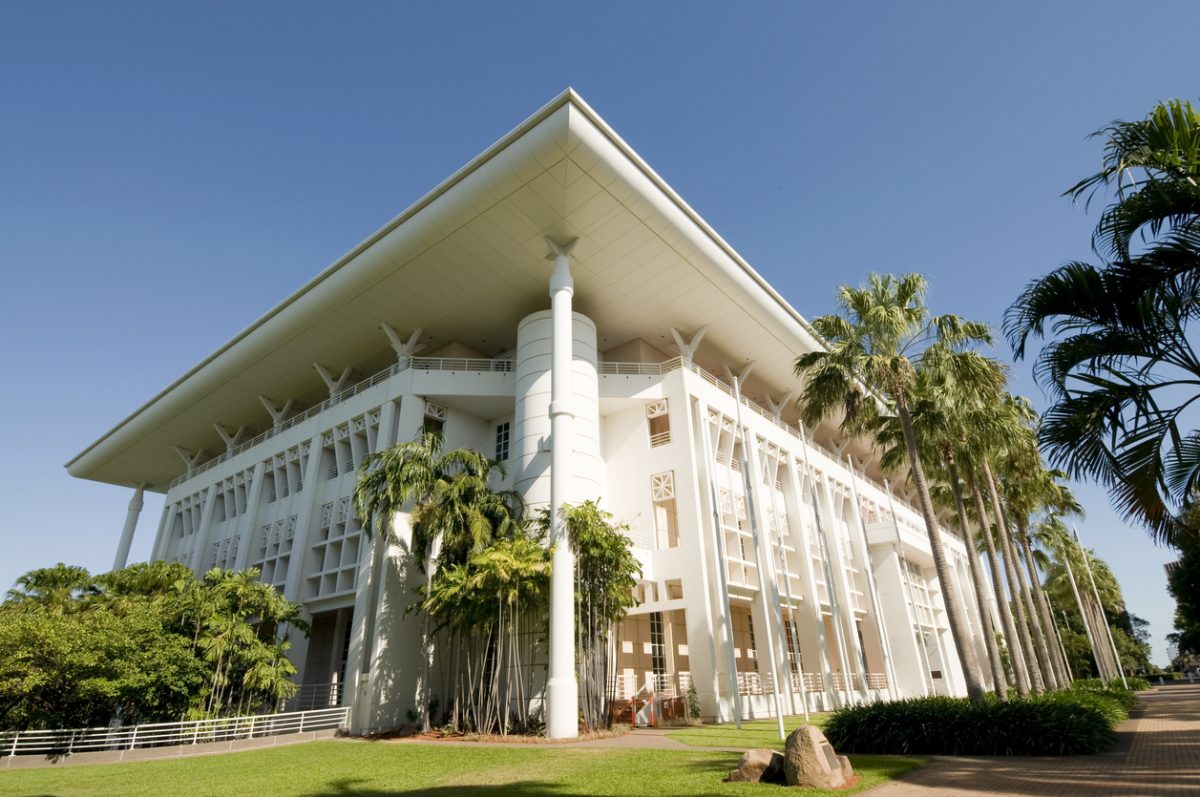
The NT Government says it is seeking to balance job security for public servants while addressing budgetary concerns. Photo: iStock/georgeclerk.
The Finocchiaro CLP Government has announced its Public Sector Enterprise Bargaining Policy (PSEBP) 2025-2028.
The policy includes a wage growth rate of 3 per cent and seeks to balance job security for public servants while addressing budgetary concerns.
Among the policy commitments are:
- A 3 per cent annual pay increase, factored into the Territory Budget.
- A new system whereby any increase above 3 per cent must be supported by a “bankable” productivity improvement and reform in work practice.
- The remainder of the existing enterprise agreement remains.
- No backpay, sign-on bonuses or other similar payments for the purpose of “ensuring a responsible approach to public finances”.
- The collective bargaining system with unions.
“We are guaranteeing no wage freeze and locking in stable, fair wage growth for public sector employees,” Minister for Public Service Jo Hersey said.
“Public sector workers are the backbone of our essential services. This policy ensures they receive fair, competitive pay rises while keeping our finances strong and sustainable.”
The PSEBP applies to NT Public Sector (NTPS) employees covered by the Public Sector Employment and Management Act 1993 (PSEMA) and all NT Police members under the position of commander.
Enterprise bargaining negotiations are underway already, with eight previous agreements slated for renegotiation this year. The renegotiations cover key workers such as police, firefighters, corrections officers, medical officers, Jacana energy workers, Aboriginal health practitioners, Frances Bay Marine Facility workers and the NTPS broadly.
“We are committed to a fair, open, and transparent bargaining process that delivers real benefits for public sector workers,” Mrs Hersey said.
“This policy protects jobs, secures fair wages, and strengthens our economy, delivering long-term benefits for our hard-working public servants and the wider community.”











